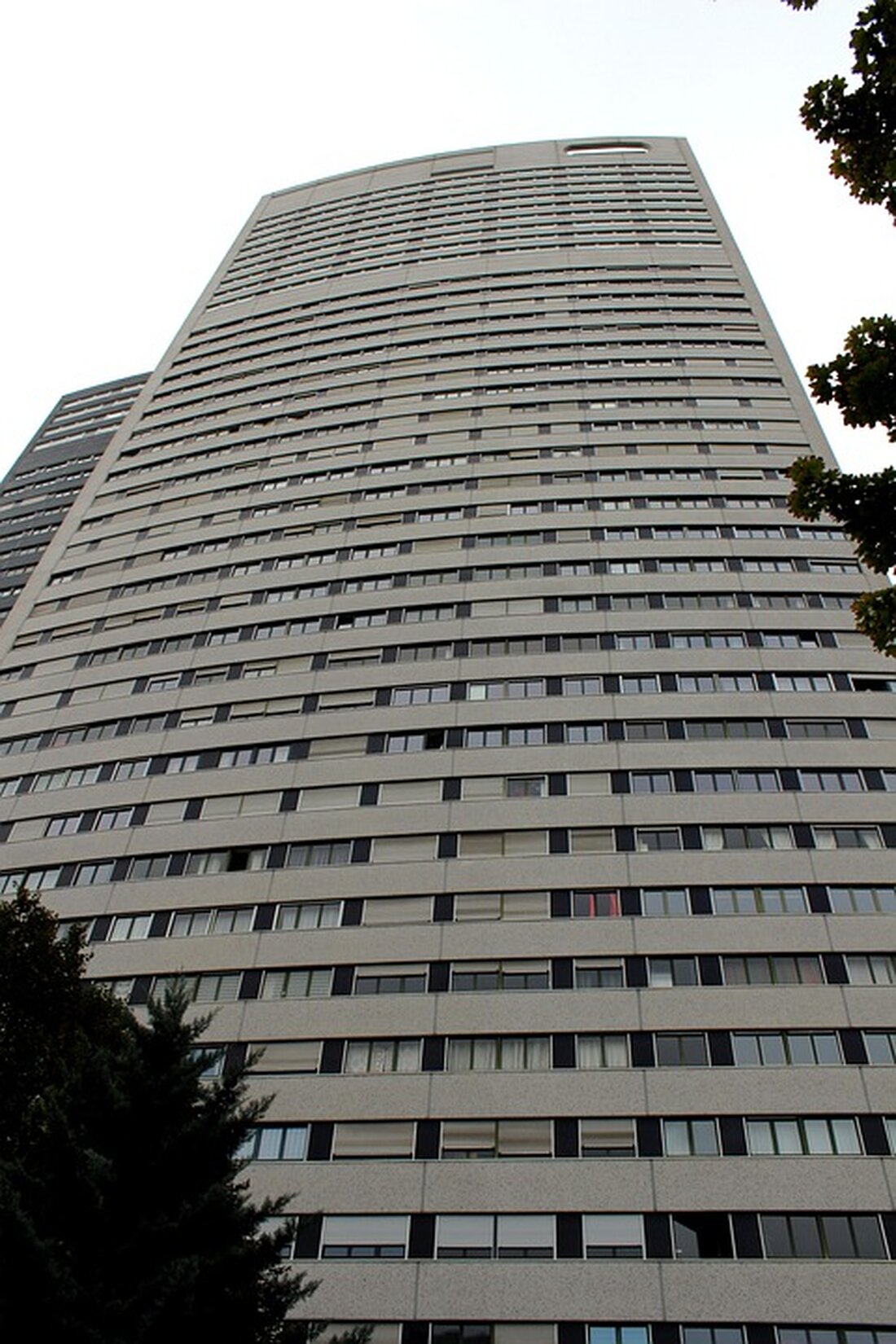Over 30 deaths after shots on Israeli forces in Gaza
According to shots of Israeli troops, over 30 people were killed in civilians looking for food in Gaza. Reports of serious injuries and inadequate help illuminate the humanitarian crisis.

Over 30 deaths after shots on Israeli forces in Gaza
Israeli troops opened the fire on Gazaner, which in the area according to Food. According to the Palestinian Ministry of Health, at least 32 people were killed.
eyewitness reports and hospital stays
The Ministry reported that the corpse was brought to the Nasser Medical Complex, together with dozens of injuries. A CNN video from the hospital showed rows of corpses. A man who held his dead son said: "He just wanted to eat, what could I do?"
Unclear about the place of shots
It is unclear where exactly the shots fell. An eyewitness, Hisham Dargam, reported that the shots about 4 kilometers (2.5 miles) from a distribution point for relief supplies of the Gaza Humanitrian Foundation , a controversial organization and the USA took place.
"The fire came from soldiers and tanks as if they were in a battle with us," said Dargam.
reaction of the Israeli armed forces
The Israeli armed forces explained that the troops had identified suspects that were about a kilometer from Rafah at night, if not active, is." The Israeli defense staff stated that the troops had given warning shots and that investigations into the reports on victims were initiated.
The GHF denied that incidents had occurred on or near their distribution points on Saturday. "The reported activities of the IDF, which led to death, happened hours before our locations opened, and our understanding is that most deaths took place several kilometers from the next GHF locations," it said. The GHF added that she had repeatedly warned of the dangers that are connected to her locations with nightly trips.
hunger and the search for food
Many Gazaners said CNN, however, that they were forced to travel several hours before opening the distribution points to have a chance of help. Food are rare in the Gaza strip, and many people are starving, as several UN reviews show. In addition, most Gazans have no means of transport to get to the GHF centers, but have to cover long distances on foot.
medical reports and persistent violence
A doctor in the Nasser Hospital, Travis Melin, reported that many of the victims had suffered “heavy” gunshot wounds in the torso and on the head on Saturday. According to the UN High Commissioner for Human Rights, hundreds of people have been killed since the beginning of the GHF activities in May while trying to gain access to help in Gaza. Between the end of May and July 7, almost 800 people were killed in this way, including 615 near GHF locations.
"Eating here is a luxury for the privileged," said Dr. Melin to cnn. "If you are lucky enough to have money, you are the only ones who can afford real food. Everyone else goes to these massacre sites ... although they know that this brings unimaginable dangers," he added.
The need for a better help system
The communication director of Unrwa, the UN agency, which supports Palestinian refugees, said to CNN that the current help distribution system in Gaza was a "death trap for starving Palestinians" and demanded that the organization could take over the management of the auxiliary missions again.
Delayed ceasefire negotiations
In the meantime, US President Donald Trump optimistically expressed himself about the ongoing ceasefire negotiations between Israel and Hamas. "In Gaza we have most back on Friday evening. "We expect another ten in a nutshell, and we hope that this will be completed very quickly.
Despite Trump's positive views, the conflict parties accuse each other of grinding the negotiations. Hamas warned that she could "not guarantee" that she will agree to a break in the conflict in the future if Israel is not willing to work in full termination of the war in the ongoing talks. In the past, Israel was not ready to agree to a permanent ceasefire, as it would still like to fight in the Gaza strip until Hamas is exterminated. A spokesman for Hamas, Abu Obaida, said that the militant group could also not guarantee that it will expose ten living hostages as part of the ceasefire agreement if Israel does not meet their demands. "It has become clear to us that the government of (Prime Minister Benjamin) Netanyahu does not seriously take care of the prisoners, simply because they are soldiers," he continued. An Israeli civil servant told journalists that an essential dispute in the negotiations was the refusal of Hamas about what the negotiators have referred to as "release keys" - the criteria and conditions according to which people are identified for an release during an exchange - until there is a final agreement on where Israel will position its troops. Israel is ready to be flexible in the conversations, but accuse Hamas of "delaying". This report was added by CNN employees Abeer Salman, Dana Karni and Donald Judd. criticism of the negotiation

 Suche
Suche
